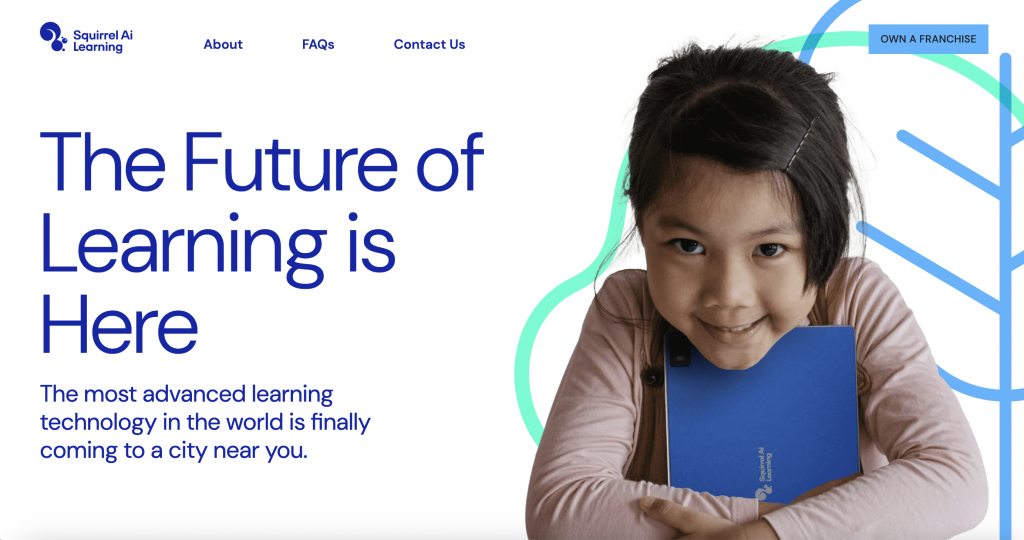Market Trend

The global AI in education market size is estimated at USD 7.05 billion in 2025 to approximately USD 112.3 billion by 2034. It is projected to grow at a CAGR of 36.02% from 2025 to 2034. The market sizing and forecasts are revenue-based (USD Million/Billion), with 2024 as the base year.
The Intelligent Tutoring Systems (ITS) market is expanding rapidly, with an annual growth rate of 16.8% and an expected value of $5.3 billion by 2024. Research from Carnegie Mellon University indicates that when thoughtfully designed, ITS can approach the effectiveness of human tutors, leading to learning improvements as high as 0.8 standard deviations compared to conventional teaching methods (Aleven et al., 2022).
Pain Point
However, current educational chatbots flood the market with superficial answers. They often provide instant solutions without promoting critical thinking, ignoring decades of research in learning science. Teachers are skeptical, students are disengaged, and learning outcomes are not improving.
Opportunity
There is a clear and growing gap between AI chatbot capabilities and effective pedagogical practice. While many tools focus on what to answer, few focus on how to guide learning.
Inspired by Vygotsky’s theory of scaffolding—where learning is supported through adaptive, tailored guidance—we see a critical opportunity: AI chatbots that act as “more knowledgeable others,” dynamically adjusting their support based on a learner’s needs and progress.
Product Vision
The future chatbots for learning should be able to:
- Guide rather than tells
- Adjust scaffolding in real time (hints, feedback, encouragement)
- Identify a learner’s zone of proximal development (ZPD) and operate within it
- Fade support as competence increases
- Encourage reflection and metacognition
Examples of Promising Products
While the following two products are not purely chatbots, they incorporate chatbot features and are designed with the core principle of scaffolding to support student learning.

Carnegie Learning’s MATHia is an intelligent math software designed to scaffold learning by acting like a personalized, one-on-one tutor. It provides real-time, just-in-time feedback on every student action, correcting misconceptions instantly. MATHiaU gradually releases responsibility by reducing support as students gain mastery, encouraging independent problem-solving. Its AI creates adaptive pathways, offering more support for struggles or accelerating advanced learners. This approach fosters deep conceptual understanding by guiding students through the “why,” not just the “how,” of math.

Squirrel AI is an intelligent adaptive learning system that scaffolds learning by creating highly personalized educational paths. It uses advanced AI to break subjects into “nano-level” knowledge points, identifying a student’s exact gaps, even historical ones. The system then provides adaptive pathways with targeted practice and real-time feedback, dynamically adjusting content and difficulty. Its “tracing the source” methodology ensures foundational misunderstandings are addressed, building a strong base for mastery.
Both MATHiaU and Squirrel AI scaffold learning through:
- Adaptive Pathways: Dynamically adjusting content and pace to individual student needs.
- Real-time Feedback: Providing immediate, contextual hints and explanations to correct misconceptions.
- Skill Mastery Focus: Breaking down concepts to ensure deep understanding before advancing.
- Gradual Support Reduction: Fading assistance as students gain proficiency.
- Data-Driven Customization: Using student performance data to continuously refine the learning experience.
Why Now?
We believe that MKO-type chatbots have significant growth potential because:
- Advances in large language models make dynamic adaptation technically feasible.
- Educators and institutions are actively seeking AI tools that align with learning science, not just automation.
- Current competitors (e.g., ChatGPT, Quizlet, Duolingo) serve content, but rarely develop capability.
We invite you to share your thoughts and experiences. Please participate in the discussion below on Padlet.
Or click here to add your thoughts: